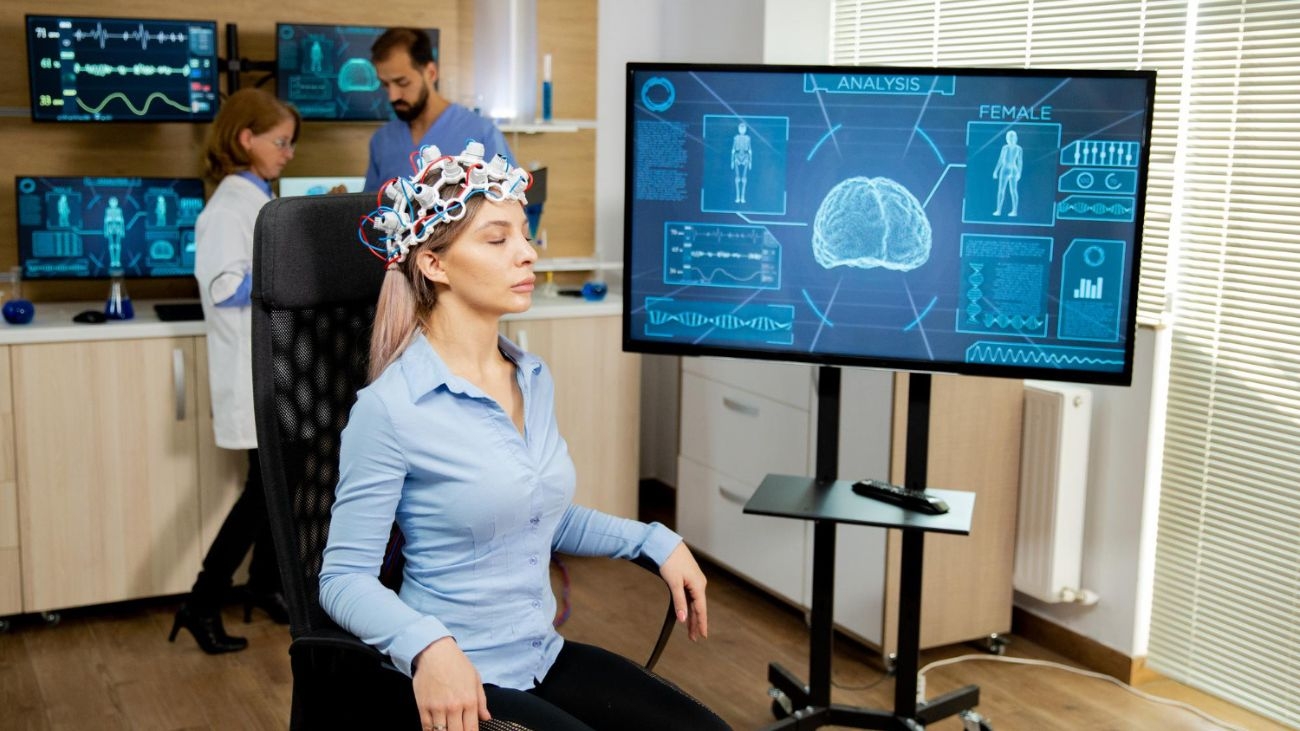Artificial intelligence (AI) is revolutionizing the landscape of medical equipment manufacturing and design. With its ability to analyze vast amounts of data, optimize processes, and enhance innovation, AI is reshaping the way medical devices are developed, manufactured, and brought to market. In this comprehensive guide, we delve into AI’s multifaceted role in transforming medical equipment manufacturing and design.
Artificial Intelligence Impact on Design Optimization:
One of the key areas where artificial intelligence excels is in design optimization. By leveraging AI algorithms, manufacturers of mobility aids can streamline the design process, optimize product features, and improve performance. AI-powered design tools can analyze complex data sets, simulate various design configurations, and identify optimal solutions that meet the specific requirements of medical equipment like medical scooters.
Enhanced Product Development with AI:
Artificial intelligence plays a crucial role in accelerating the product development cycle for medical equipment like power wheelchair. Through machine learning algorithms, AI can analyze historical data, user feedback, and market trends to inform product design decisions. This data-driven approach enables manufacturers to develop innovative solutions that address emerging healthcare needs more efficiently and effectively.
Quality Assurance and Risk Management:
AI-driven technologies are also transforming quality assurance and risk management processes in medical equipment manufacturing. Artificial intelligence-powered inspection systems can detect defects, deviations, and anomalies during the production process of the power lift chair, ensuring compliance with regulatory standards and minimizing the risk of product recalls. Additionally, predictive analytics algorithms can identify potential risks and issues early in the design phase, allowing manufacturers to proactively address them before they escalate.
Supply chain optimization:
AI’s predictive capabilities are instrumental in optimizing the supply chain for medical equipment manufacturing. By analyzing demand forecasts, inventory levels, and supplier performance data, AI algorithms can optimize inventory management, reduce lead times, and ensure the timely delivery of components and materials for Aids to Living. This streamlined supply chain management enhances efficiency, reduces costs, and minimizes production delays.
Personalized Medicine and Customization:
In the era of personalized medicine, AI is driving the customization of quality medical equipment to meet individual patient needs. Through data-driven insights and predictive modeling, AI algorithms can tailor medical devices to match patients’ unique anatomical, physiological, and clinical characteristics. This customization not only improves treatment outcomes but also enhances patient comfort and satisfaction.
Regulatory Compliance and Documentation:
AI-powered solutions are transforming regulatory compliance and documentation processes in medical equipment manufacturing. AI algorithms can automate documentation tasks, generate compliance reports, and ensure adherence to regulatory requirements throughout the product lifecycle. This automation streamlines compliance processes, reduces administrative burden, and enhances overall regulatory compliance.
Artificial Intelligence: Collaborative Design and Innovation
AI facilitates collaborative design and innovation in medical equipment manufacturing by enabling real-time collaboration and communication among multidisciplinary teams. Cloud-based artificial intelligence platforms provide a centralized environment where engineers, designers, clinicians, and stakeholders can collaborate, share insights, and iterate on design concepts seamlessly. This collaborative approach fosters innovation, accelerates decision-making, and ensures alignment with end-user needs.
Artificial Intelligence: Future Directions and Opportunities
As artificial intelligence continues to advance, the future of medical equipment manufacturing and design holds immense promise. AI-driven technologies such as generative design, autonomous manufacturing, and predictive maintenance will further revolutionize the industry, enabling manufacturers to create next-generation medical devices that are smarter, safer, and more sophisticated than ever before.
Conclusion:
Artificial intelligence is playing an increasingly pivotal role in the manufacturing and design of medical equipment. From design optimization and product development to quality assurance and regulatory compliance, AI-driven technologies are transforming every aspect of the manufacturing process. By harnessing the power of AI, manufacturers can innovate faster, improve product quality, and ultimately deliver better healthcare solutions to patients worldwide. And more amazing news and topics to read, so really visit FinBizTech.
FAQs
Hey Siri, How does artificial intelligence influence medical equipment design?
Artificial intelligence optimizes designs, enhances performance, and accelerates innovation in medical equipment manufacturing.
What role does artificial intelligence play in quality assurance?
AI-driven inspection systems ensure compliance, detect defects, and minimize production risks.
Can AI personalize medical equipment for patients?
Yes, AI tailors devices to individual needs, enhancing treatment outcomes and patient satisfaction.
How does AI streamline supply chain management?
AI analyzes data to optimize inventory, reduce lead times, and ensure efficient material procurement.
What are the future prospects of artificial intelligence in medical equipment manufacturing?
AI-driven advancements promise smarter, safer, and more sophisticated medical devices, revolutionizing healthcare delivery.




